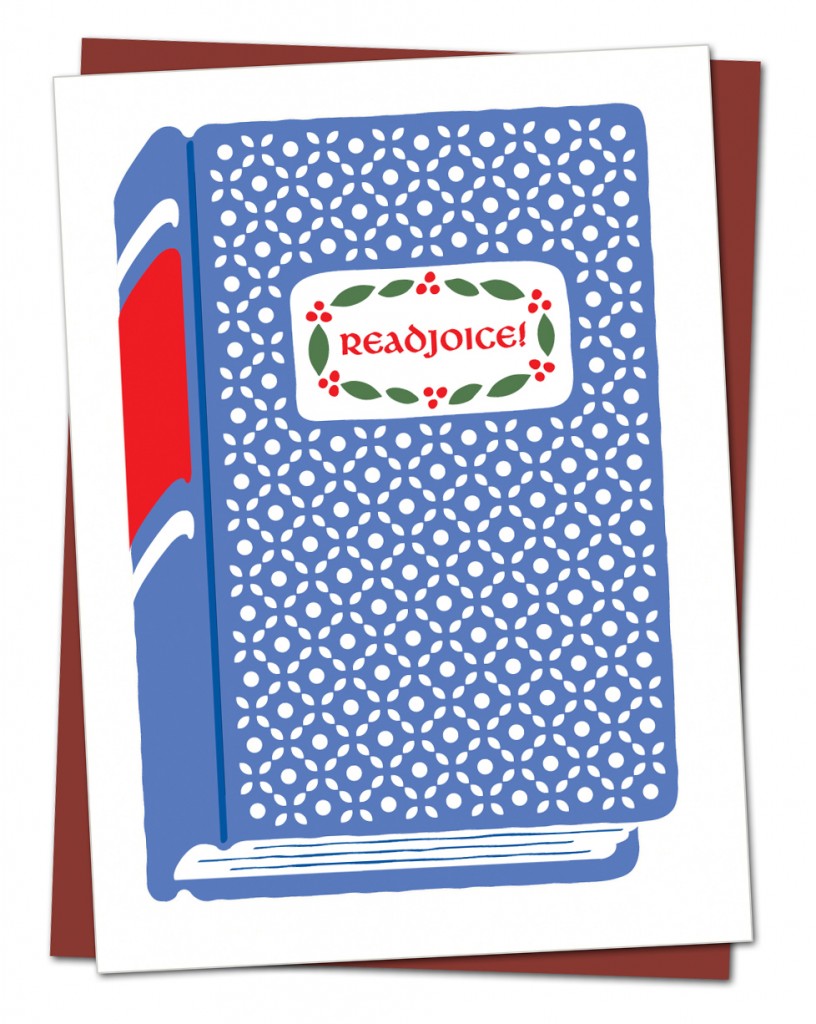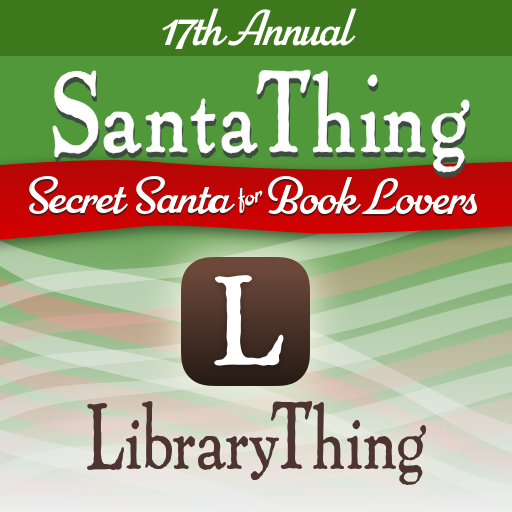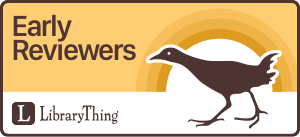LibraryThing is pleased to sit down this month with economist, philosopher and physicist Liam Graham, an active member on our site—find him at thalassa_thalassa—since 2012. After earning a BA in Theoretical Physics at Cambridge and an MA in Social and Political Thought at the University of Warwick, he completed a PhD in Economics at Birkbeck College, London, going on to spend most of the next fifteen years teaching in the economics department of University College London. Leaving academia in 2018, he has returned to his first love, attempting to answer a question that has been with him since his teenage years: do we need more than physics to understand the world? His research in this area has resulted in the publication of his debut book, Molecular Storms: The Physics of Stars, Cells and the Origin of Life, released this month by Springer International.
OK, let’s start at the beginning. No, not the Big Bang, the beginning of your book! What exactly is a molecular storm, and how can an understanding of how it works aid us in considering larger questions about the nature of time, and our place in the universe?
This story starts right down at the bottom, where the small molecules that make up gases and liquids are in constant motion. To larger objects, this motion is a ferocious bombardment made up of trillions of impacts per second. Scaled up to human dimensions, it would be like a 40,000km/h wind blowing from constantly changing directions. This is the molecular storm. It drives pretty much everything that happens at a molecular level: chemical reactions; flows from hot to cold; winds blowing from high pressure to low pressure; the vortex in your bathtub; what goes on in living cells and hence what goes on inside you.
To understand the wider implications, let’s take a system where the storm isn’t important. To do so, we need to step out of our everyday experience, which is a sign in itself of how dominant the storm is. So tune your ear to the music of the spheres and picture planets orbiting a star. Now, if someone played you a video of the solar system, you wouldn’t be able to tell whether it was running forwards or backwards. In either direction, you would see the planets calmly pursuing their elliptical orbits. In other words, you wouldn’t be able to tell whether the film showed past moving toward future or future to past. In this idealised world, there is no arrow of time.
Then turn to a system driven by the storm, such as a gas expanding as a tap is opened or our old friend Humpty Dumpty. If you saw a video of these, you could immediately tell whether it was running backwards or forwards. Gases do not spontaneously contract and pour themselves into a tap. The molecules that make up the ground do not conspire in their movements to make Humpty Dumpty leap up and put himself together again. The arrow of time is a result of the molecular storm.
The study of the molecular storm is called thermodynamics. Everyone I spoke to, whether specialists or non-specialists, said this term is so intimidating that I should keep it off the cover of the book. I took the advice, but one of my aims is to show that in fact thermodynamics is by far the most useful part of physics.
There is some discussion on how many laws of thermodynamics there are, but the poet Allen Ginsberg summarised three of them as “you can’t win, you always lose, you can’t leave the game” (though he apparently lifted this from earlier sources). The second law says that disorder always increases: “you always lose”. It was described by one eminent physicist as the supreme law of nature and it can seem like the organising principle of the universe. But the second law itself is a result of the molecular storm.
Let’s turn to humanity’s place in nature. If you throw a pair of dice for long enough, you’ll see every possible outcome. In the same way, the endless bombardment of the storm constantly shakes systems up and so drives them to explore the possibilities open to them. For reasons that are poorly understood, this seems to mean that systems settle into states which dissipate energy at faster and faster rates. Stars dissipate energy faster than the dust clouds from which they formed. Planets dissipate energy faster than stars. Life is the most recent of these states. A back of the envelope calculation shows that per kilogram a human dissipates 7000 times as much energy as the sun. The one-kilogram laptop I am using to write this dissipates 30 times more energy than a kilogram of me.
This suggests a radically materialist meaning of life. While we talk of evolution and survival of the fittest, progress and technological development, free will or consciousness, these are all just metaphors. The underlying process is simply a random search – driven by the storm – for systems which dissipate energy at faster rates. We are its latest product. If you find this bleak, read Sartre and you’ll see that instead it is liberating.
In the introduction to your book you discuss randomness on the molecular level, and the way in which molecular movement seeks patterns and creates what is, to the human eye, order. Is this contradictory? How can randomness create order?
To start off, we’ve got to be careful with the terminology. Our intuitive ideas of order are, like our intuitive ideas about everything, poor approximations to the physics. The formal concept is entropy, but I can’t go into that in depth here. Instead, I’ll carry on using “order” and “disorder”, but in scare quotes.
The second law tells us you can create “order” in one system as long as you create more “disorder” elsewhere. It’s not so much “you always lose” but “the universe always loses; you can win at its expense”. How does this happen, how does randomness create “order”? The key point is that the storm drives systems to explore the possibilities open to them. Sometimes the system will stumble over an “ordered” structure which is stable. Let’s look at some examples.
Soon after the Big Bang, the universe was a roughly uniform cloud of radiation and particles. This looks to a human eye like a state of maximum “disorder”. Yet now the universe is full of “order” everywhere from galaxies to stars to solar systems to planets to the myriad of structures on planetary surfaces (including you). The change from initial to current state is driven by the molecular storm, along with much interesting physics along the way. However, the move from “disorder’ to “order” is only apparent. Gravity – which our intuition is definitely not built to understand – means that clumped matter is actually more “disordered” than diffuse matter. The “disorder” of the universe as a whole has constantly increased since its beginning.
As another example, let’s think about how evolution might kick off. Take a bunch of chemicals being constantly driven by the storm to explore different reactions. If one of these reactions gives a molecule that can reproduce itself, it will come to dominate the mix as it outcompetes other reactions. Then another storm-driven random change might lead to a molecule that reproduces faster, more reliably or using a wider range of components and this will outcompete the original one. More random changes will lead to further improvements. The rest, as they say, is history. Random changes driven by the storm lead ultimately to life.
Finally, remember the story of Sisyphus doomed to forever push a boulder up a hill (I’ve borrowed this analogy from Life’s Ratchet: How Molecular Machines Extract Order from Chaos by Peter M. Hoffmann, also on LibraryThing as yapete). If we reduced him to a small enough scale, the molecular storm would push his nano-boulder sometimes up and sometimes down the hill. All Sisyphus then has to do is to wait until there is a random push upwards and slip a wedge under the boulder to stop it rolling back. Then he waits until another impact pushes the boulder upwards and again moves the wedge. If he continues doing this, the boulder will roll up the hill powered by the storm. All Sisyphus has to do is select the impacts that push the boulder upwards – most of the physical effort is taken out of his punishment. Directional, “ordered” motion is driven by random impacts. It turns out that some of the most important processes in living cells rely on an analogous method of selecting fluctuations from the storm.
All of these examples create “order” at the expense of “disorder” elsewhere: as a star forms, it increases disorder in the surrounding cloud of dust; as chemical evolution starts, disorder is increased in the environment and Sisyphus increases disorder via the information processing necessary to work out when to move the ratchet. These processes – and everything driven by the storm – hasten the universe towards its final state of maximum “disorder”.
In your career as an economist, your focus has been on macroeconomics, and the mathematical study of complex systems. What insights has your economic work provided in the scientific field, and vice versa?
The main thing I learnt is how fundamentally different the two fields are. A basic requirement for science is the possibility of repeated experiments. We can let an apple drop from a tree again and again. To understand its motion, we can vary its weight, the wind speed or the density of the air. We can even make an “apple” of antimatter and see whether it falls up or down.
Macroeconomics is very different. There is effectively no possibility of experiments. I’d have loved to be able to phone up a friend at the Bank of England and ask them to hike interest rates to 20% to create an almighty recession and help calibrate my model. Thankfully, I couldn’t. But even if I could, it wouldn’t tell me much since the structure of the economy and the policy framework are constantly changing. The same change in policy might have a very different effect 20 years ago or 20 years hence. This means that natural experiments are not much use either: the high inflation of the 1970s has little directly to tell us about the high inflation of today. Macroeconomists are faced with a sequence of one-offs rather than the repeated experiments which are a precondition for scientific
knowledge.
What’s worse is that macroeconomic data is extremely limited. There’s not even a century of good quality data and it is often only measured once every quarter, giving at most 400 data points. By contrast, in 2018 the Large Hadron Collider in Geneva generated over a thousand trillion data points. It’s hard to do good science with small datasets.
But that’s not all. Atoms just go about doing their atomic thing governed by laws unchanging across time or space. But the economy is made up of the decisions of people. And people change the way they make decision depending on what’s happening in the economy. So the one-off nature of the economy penetrates to the heart of the decisions which constitutes it. This is a fascinating area which I started to work on before deciding it was far too difficult.
Your book attempts to answer some deep and longstanding philosophical questions, questions that humanity has grappled with for ages, using physics. Are there philosophical questions science can’t answer, and if so, what are they?
Scientific explanations are only descriptions of the world. If you take a child’s approach of responding “Why?” to every answer, at some point a scientist will have to say, “I don’t know” or “If it wasn’t this way, there’d be no possibility of creatures with the capacity to ask why”. From then on, metaphysics takes over.
Philosophy gets left with the unanswerable questions. For the last few hundred years, science has been reducing the scope of such questions, but some will always remain. Why is there something rather than nothing? Why this set of elementary particles? Why four forces? Why these values for the fundamental constants? Physics particularly struggles with these questions because there is no possibility of repeated experiments. As far as we are concerned, the universe is a one-off and will remain so. Even if our universe is one of many, we are unlikely ever to be able to observe the others. Of course, it may be that the answers to some of these questions will drop out of the maths of some future theory. But then you would still be left with the fascinating question of why maths describes the physical world.
As a long-time LibraryThing member—profile page: thalassa_thalassa—tell us a little bit about how you use the site, and what you particularly enjoy about it.
Rarely a day goes by when I don’t visit the site several times. I use it to organise my library and my research with an ever-growing set of tags. When I finish a book I record the date straight away and usually write a few sentences with my impressions (if I didn’t, I’d forget what I read last week). Deciding what to read next is a constant challenge and I have a long wishlist and another tangle of tags to help. For the past decade or so, I’ve bought mostly ebooks and I use LibraryThing to keep track of them. I dream of (and one day might write) an extension which would allow me to click on a title in LibraryThing and open the ebook from the cloud.
I love glancing through other people’s libraries. From time to time, I message users to ask them for recommendations and this has led to some fascinating exchanges. And I do like all the data, though I’ve stopped looking at the author-by-gender chart as it is going to take me decades to make the balance more reasonable.
Intellectually, the most intense year of my life was my MSc in Philosophy. Imagine spending a year working through the Western philosophical tradition from Plato to the 20th century, reading a couple of texts a week, in discussion with a passionate and engaged teacher. This teacher was the philosopher Gillian Rose. I created her Legacy Library on LibraryThing as an act of remembrance and my book is dedicated to her.
Tell us about your library. What’s on your own shelves?
It’s a bit of a mix, really, reflecting the ebbs and flows of my interests over the years. Reading literary fiction is necessary for my sanity and I’m not averse to the odd scifi novel from time to time, though I get unreasonably annoyed when an author plays fast and loose with the science. The thing that never ceases to delight me is the way novels come along and do something entirely, erm, novel. This doesn’t happen often but when it does I treasure it. From the last couple of decades I’d list The Map and the Territory by Michel Houellebecq; A Girl’s Story by Annie Ernaux, Ducks, Newburyport by Lucy Ellman; Phone by Will Self; Orfeo by Richard Powers and Cher Connard by Virginie Despentes.
What have you been reading lately, and what would you recommend to other readers?
Over the past few months, I’ve been reading mainly physics while preparing the proposal for my second book. In between, novels I’ve particularly enjoyed are An Impossible Love by Christine Angot; My Husband by Maud Ventura and The Course of Love by Alain de Boton. I’m also re-reading Zola’s 20 volume Rougon-Macquart series, in order this time. There’s nothing quite like the gritty realism of his depictions of 19th century life; Dickens is prissy by comparison. And the plots are often so gripping that I find myself skipping descriptive passages to get back to the action. My favourites so far are L’Assommoir and The Bright Side of Life. It was all going well but now, with 6 still to go, I’m a bit bogged down. It may take the right kick from the molecular storm to get me going again.


























































































































































































































